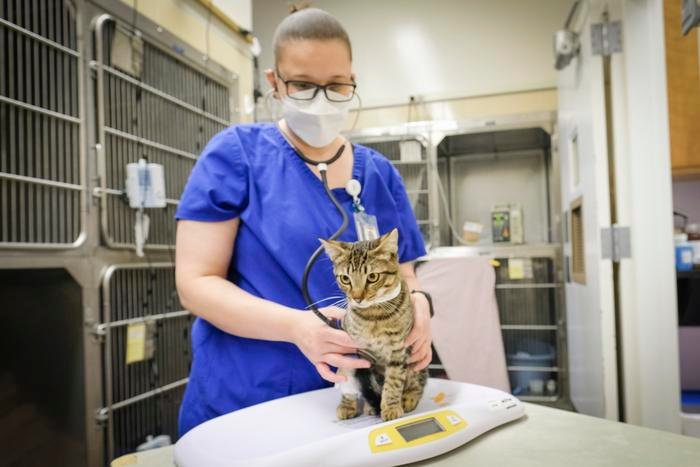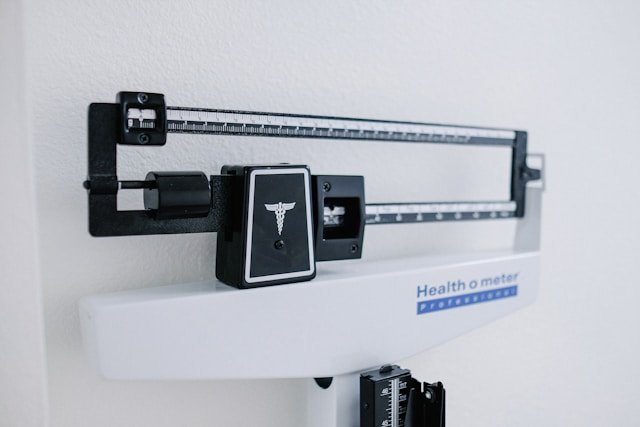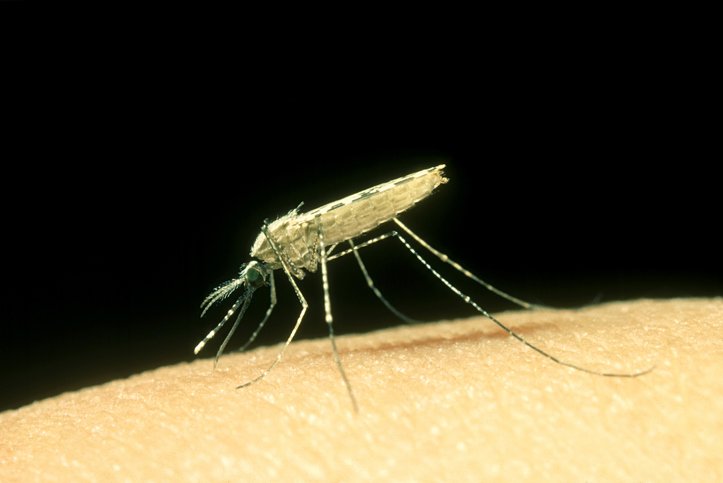Amir Kol, PhD, associate professor of pathology, microbiology, and immunology at the University of California (UC), Davis, wears two hats. First, as a clinical veterinarian who works closely with students at the local veterinary teaching hospital to analyze samples from dogs, cats, horses, and “every animal that you can think of” for diagnostic training. Second, as a clinical pathologist who applies stem cell biology to address naturally occurring diseases in animal companions for translational research.
“I have many colleagues who are basic scientists who do all of their research in models of disease, such as mice and rats,” said Kol in an interview with GEN. “The thing that is unique about our lab is that we’re doing research focusing on animals from the community who are patients, not models.”
Kol has recently targeted his regenerative medicine research toward developing a new treatment for a serious coronavirus infection impacting our favorite feline friends. While feline coronavirus usually infects the cells lining a cat’s intestines and causes only mild stomach issues, the infection can mutate and infect systemically in some cats, leading to feline infectious peritonitis (FIP), a historically fatal disease with a 95% mortality rate.
FIP triggers widespread inflammation, T-cell exhaustion, and chronic immune dysfunction, which mimics the “cytokine storm” experienced by humans impacted by severe COVID-19. In addition, many cats who recover from FIP possess enlarged lymph nodes, an indication of ongoing immune stimulation that suggests a “long FIP”-like syndrome.
In a step forward for FIP treatment, Kol and colleagues have now demonstrated that mesenchymal stromal cell (MSC) therapy is able to rejuvenate immune responses and improve long-term immune memory in a FIP cat clinical trial. The results pave a translational path toward new treatment options for human long COVID and were published in a Stem Cells Translational Medicine study titled, “MSC Therapy Improves Immune Recovery in a Feline Model of Severe Coronavirus Infection.“
Kol sees veterinary clinical trials as a valuable stepping stone between animal models of disease and human clinical trials.
“It always surprises me how hard it is for others to comprehend the concept of working with animals that have real diseases,” Kol told GEN. “Compared to animal models, veterinary trials are realistic and more complex. Patients even go to their homes where they have different environments.”
Immune boost
MSCs are harvested and expanded from human tissues, including adipose tissue, bone marrow, and umbilical cord, and have become an active therapeutic agent for modulating inflammatory diseases.
The FIP MSC therapy works in combination with an FDA-approved FIP antiviral drug, termed GS-441524, to boost the cat’s immune system. GS-441524 is the active metabolite of remdesivir, the first FDA-approved treatment of COVID-19, and the only available treatment option for FIP. Developed in 2018, GS-441524 was shown to be a safe and effective FIP treatment in a number of clinical trials carried out primarily in Australia and the U.K. before the drug finally received FDA clearance in the United States in May 2024.
The UC Davis researchers conducted hematologic, virologic, and immunologic analyses of treated cats over 12 weeks. While the antiviral therapy reduced cytotoxic T-cell exhaustion, MSC-treated cats demonstrated enhanced immune recovery, as shown by reduced expression of exhaustion-related transcription factors and increased regulatory T-cell populations. Additionally, single-cell RNA sequencing of mesenteric lymph nodes showed elevated memory T-cell markers and reduced hyperproliferative lymphocyte subsets.
Notably, the work was completed in a small pilot trial composed of only 10 cats. Future studies will expand the study to more animals and investigate the molecular mechanism by which MSC therapy achieves immune rejuvenation.
Win-win
Translating veterinary trials to humans is not a new concept. Drugs, such as cyclosporine, an FDA-approved treatment for human dry eye disease, has its origins as a veterinary care drug for dogs.
“In the veterinary market, we benefit from drugs that were initially tried and approved for human disease. There are also stories where treatments were initially tried in veterinary patients and then went back to the human market,” explained Kol. “I look at it as a bi-directional flow that benefits everybody.”
While more than 1500 clinical trials have been recorded to employ MSCs as an intervention, only one MSC therapy, termed Ryoncil, achieved FDA clearance in December 2024. Ryoncil was approved to treat steroid-refractory acute graft-versus-host disease (SR-aGVHD) in children two months of age and older. Kol cites the lack of animal model translation to human clinical trials as a main bottleneck to MSC approvals.
In this vein, the UC Davis study comes at a time when a shift toward human-centered research is at the forefront. In April, the FDA announced an ambitious plan to phase out animal testing requirements for monoclonal antibodies and other therapies in an effort to improve drug safety and reduce R&D costs. Last week, the movement culminated with a workshop hosted by the FDA and National Institutes of Health (NIH) that declared an end to funding for grant proposals relying solely on animal testing.
Kol says that veterinary clinical trials align well with the NIH’s goals to accelerate the delivery of new therapies to the public while minimizing animal suffering. Veterinary clinical trials can both identify therapies with high potential for success in humans to streamline development, and flag therapies with low translational value for further refinement before human trials. Additionally, animals are treated as patients, not research subjects, and can benefit directly from trial enrollment.
While human-centered mindsets continue to take center stage, veterinary care of our companion animals stands in its own right.
“It’s a win-win situation: animals, their owners, and the broader public all stand to gain,” Kol told GEN. “I hope NIH will continue and expand its support for translational research in naturally occurring animal disease.”
The post Cell Therapy in Cats Sheds Clues on Long COVID appeared first on GEN – Genetic Engineering and Biotechnology News.




